A proposed nationwide network of biogas plants would require the equivalent of grass from 30,830 acres in its first stage.
A policy set out by the Irish Bioenergy Association (IrBEA) and the Composting and Anaerobic Digestion Association of Ireland (Cré) on Thursday outlines the potential for a network of 25 anaerobic digesters.
They say anaerobic digestion (AD) can be used to convert organic waste to energy and fertiliser.
The network would help solve Ireland’s renewable energy challenge, avoid EU fines, and create a new source of income for farmers.
IrBEA and Cré want the government to provide a €40m investment to incentivise 1.6Twh / 200MW of biogas on a phased basis, through a biomethane support scheme.
Supports
The proposed plan would start with supports for 65MW of biomethane in 2020.
This biomethane would be produced in 25 strategically located biogas plants spread across the country, all close to the gas grid.
These plants would be fed mainly with grass and slurry supplied by farmers, while wastes from agriculture and the food industry would be used in larger-sized plants.
Each 1.25MW of biogas would require the equivalent of grass from 240ha (593ac) per plant per year. The first phase of 65MW would equate to more than 30,800ac.
They have costed the grass feedstock at €35/t fresh weight.
However, they point out that not all of the feedstock will be grass – it could also be slurry and other crops from the land base.
While some concerns have previously been raised about grass being diverted away from animal feed, the organisations say there is plenty of scope to increase grass production on farms.
They quoted Teagasc figures which show that the average grass yield could be increased by at least 50%, and University College Cork research that shows how under-utilised land, particularly in the less intensively farmed areas in the west of Ireland and the midlands, could be brought into production.
Nitrogen
IrBEA and Cré said taking slurry from farms would reduce the risk of nitrogen pollution of water and the pressure on farms to store slurry.
“There has been lots of talk about the potential for biogas and anaerobic digestion, at the Oireachtas, in the Climate Action Plan and more. We believe a phased approach like this will work,” Seán Finan of IrBEA told the Irish Farmers Journal.
“Twenty-five plants is a realistic proposal to get the industry up and running. We have met with farm organisations, semi-states and state bodies and the broad consensus is that this is the right way to go.”
IrBEA and Cré next plan to meet with the departments of agriculture, climate action and transport, before lobbying politicians in advance of the October Budget.





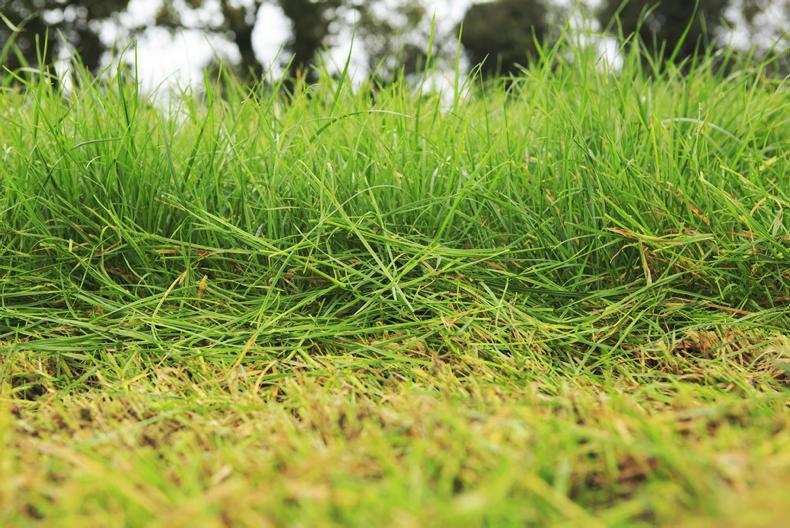
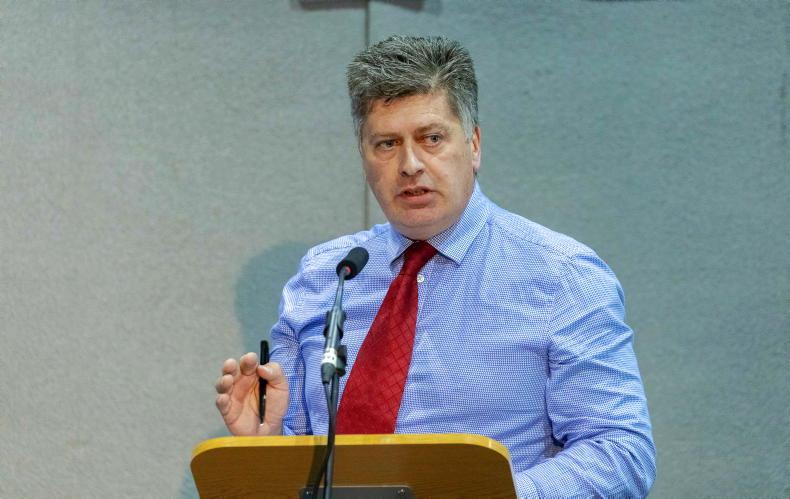
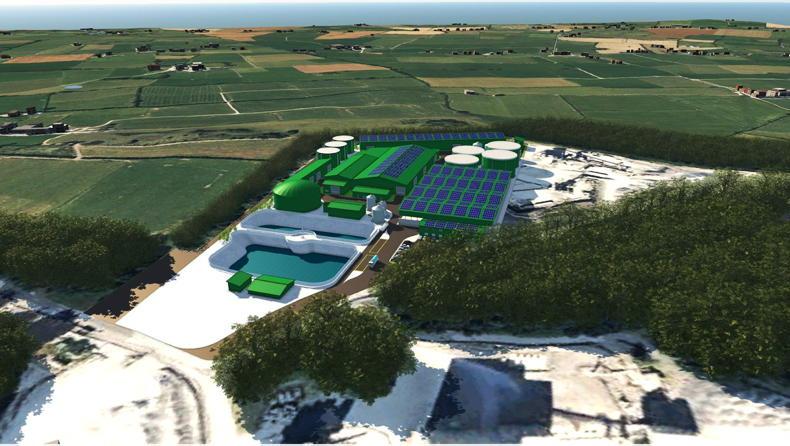
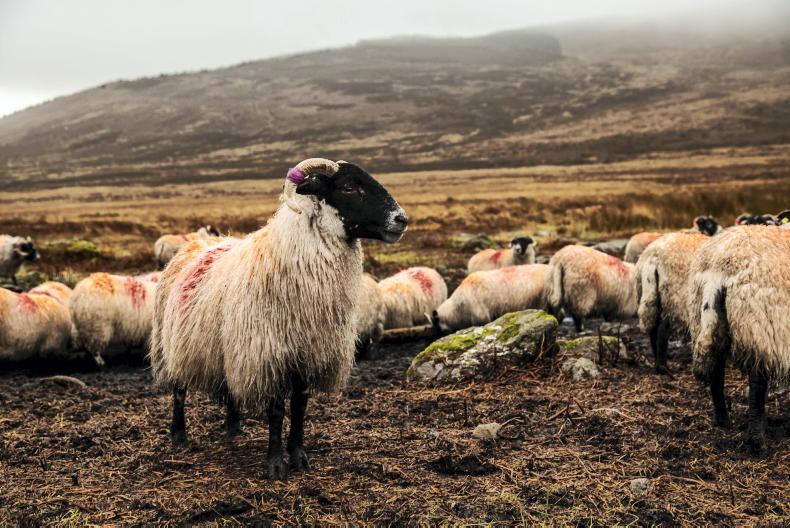
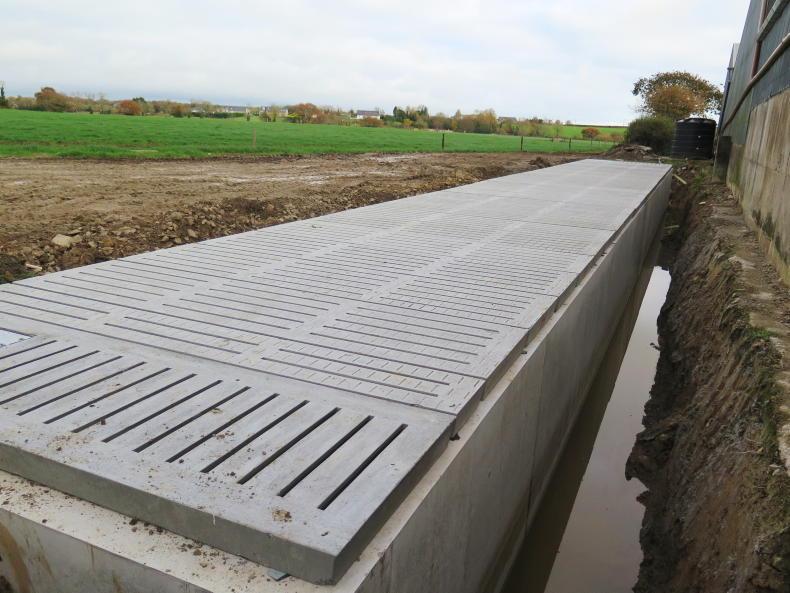
SHARING OPTIONS